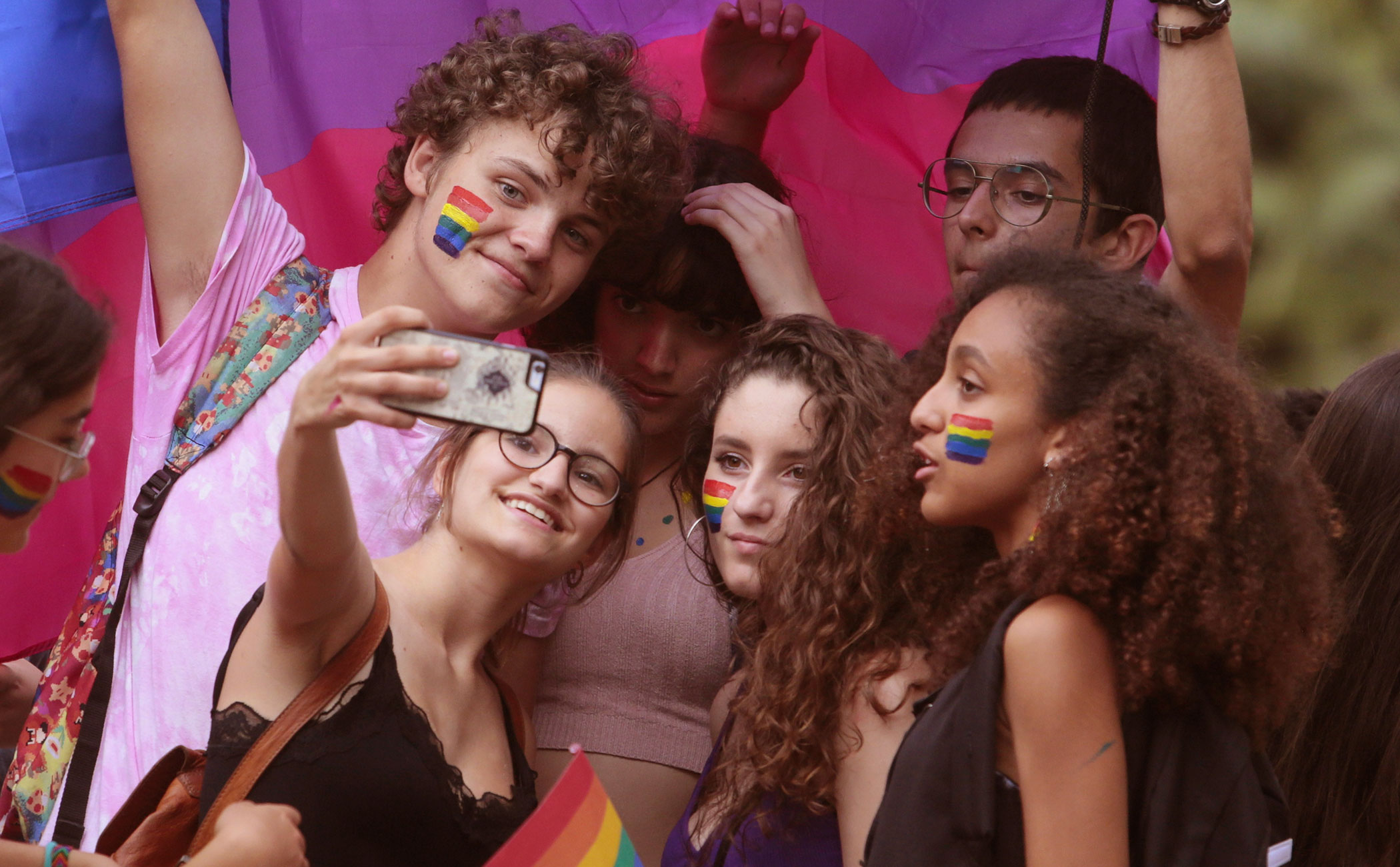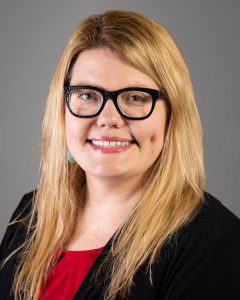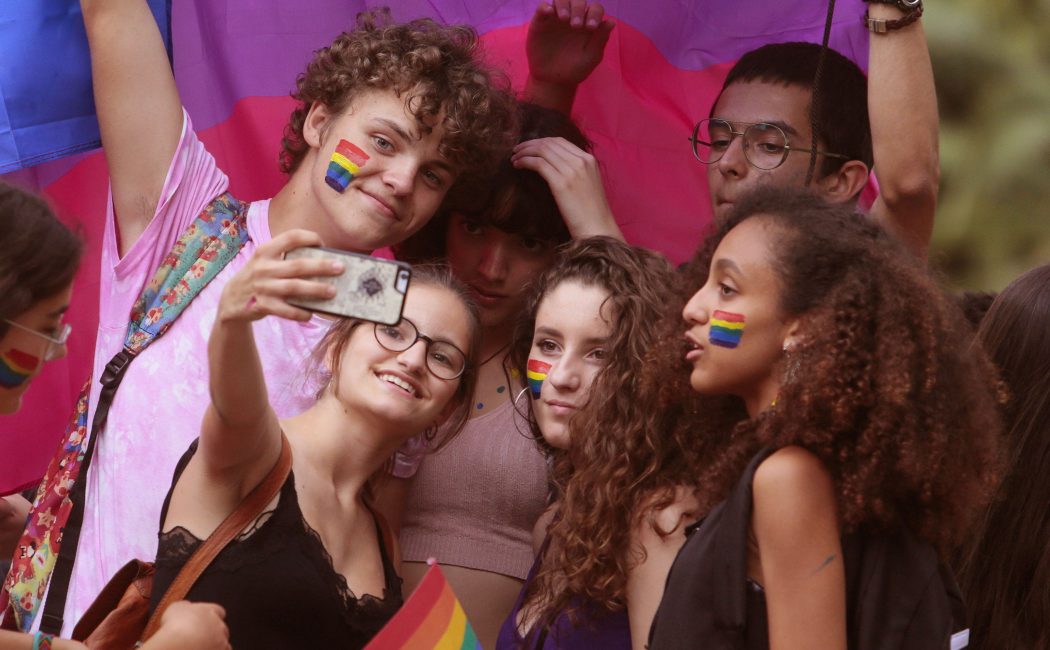
For sexual minority youth, dating violence and problem drinking are frequently intertwined, often leading to depression and even suicide.
Katie Edwards, associate professor, CYFS and educational psychology, and Heather Littleton, associate professor and director of research operations at the Lyda Hill Institute for Human Resilience at the University of Colorado–Colorado Springs, are developing an online initiative for LGBTQ+ youth ages 15 to 18 to prevent dating violence and alcohol use. The program is the first culturally adapted and affirming program designed specifically for sexual minority youth.
Research indicates strong evidence among LGBTQ+ youth that internalized minority stress — which includes feelings of shame about one’s sexual orientation and wishing it was different — and identity concealment, or reluctance to come out to others, increases risk for alcohol use and dating violence. Edwards said such internalized minority stress originates from larger systems of oppression, including hate-based violence, that must also be addressed.


“Research shows traditional prevention programs that work for heterosexual youth don’t necessarily work for sexual minority youth,” Edwards said. “We want to create a program that will not only reduce dating violence and alcohol use, but also provide hope for the future and ultimately save lives.”
Building resilience among LGBTQ+ youth, Edwards said, relies on reducing minority stress while bolstering LGBTQ+ sense of community. That, along with acquiring skills to promote healthy dating relationships and making wise decisions, could ultimately reduce rates of dating violence, problem drinking and suicidal thoughts.
“We have consistently found that minority stress is a robust predictor of numerous negative outcomes for LGBTQ+ youth,” Edwards said. “At the same time, we recognize the tremendous resilience LGBTQ+ youth have; this program will capitalize on youths’ strengths.”
The program includes eight 45-minute telehealth sessions led by LGBTQ+ facilitators, which will be developed with help from LGBTQ+ youth and experts in the field.
The program will feature games, videos, breakout rooms and other experiential activities — all designed to enable participants to develop skills to build resilience and reduce negative outcomes, such as dating violence and alcohol use. There also will be a voluntary social media support network to help build a sense of community among participants.
Youth will also receive information about resources to help them learn about ways to safely get help and connect with LGBTQ+ communities.
We want to create a program that will not only reduce dating violence and alcohol use, but also provide hope for the future and ultimately save lives.”
— Katie Edwards, principal investigator
Once finalized, the program will be rolled out to 200 youth nationwide. Participants will be recruited on social media, with advertisements targeting LGBTQ+ youth across the country, particularly in remote or rural areas.
“In rural communities, where LGBTQ+ resources are scarce, there is a dire need for programs that provide youth with resources and support,” Edwards said. “I think LGBTQ+ youth are going to be excited about this program. For some, it will be the first time connecting openly with LGBTQ+ youth and adults.”
The project is funded through the National Institutes of Health’s National Institute on Alcohol Abuse and Alcoholism. Along with Edwards and Littleton, project co-investigators include Lorey Wheeler, CYFS research associate professor and co-director of the Nebraska Academy for Methodology, Analytics and Psychometrics; and Clayton Neighbors at the University of Houston.
Other University of Nebraska–Lincoln project collaborators include Alex Farquhar-Leicester, doctoral student in counseling psychology; Jania Marshall, research associate; and Victoria Mauer, postdoctoral scholar.
Although similar online programs addressing youth sexual health do exist, Littleton said, they do not specifically address alcohol use and dating violence — and they are click-through websites, without human interaction.
“Often, people don’t finish click-through programs,” Littleton said. “There has to be some level of human interaction. You can have the greatest intervention in the world, but if there’s no human touch, it won’t help. People will log in once and won’t be motivated to complete the program.”
Edwards said the program puts the LGBTQ+ community’s strength and resilience at the core of the program.
“We want to give youth hope for the future, so they know things will get better and that there are communities that will accept them,” she said. “Ultimately, if we find this program is working, we can expand it to reach countless LGBTQ+ youth across the country.”
